Society of Scholars
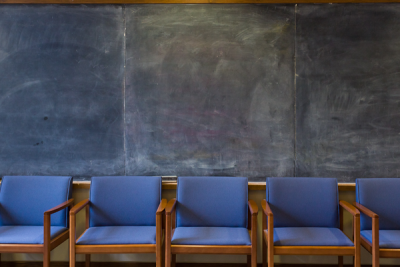
The Society of Scholars is an intellectual community of humanists of diverse generations, academic ranks, and departmental affiliations who contribute to and learn from one another’s work. Each year, approximately eight faculty and three dissertation research fellowships support members of the Society of Scholars. Scholars in year-long residence at the University of Washington may be invited to participate as well. The group meets biweekly throughout the year to discuss their research in progress.
Apply for the Fellowship (Faculty)
2025 - 2026 Society of Scholars
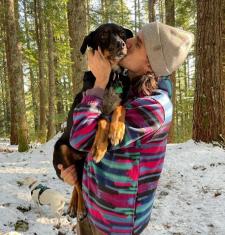
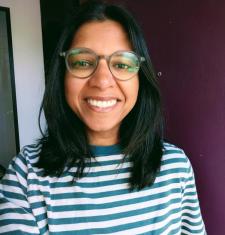
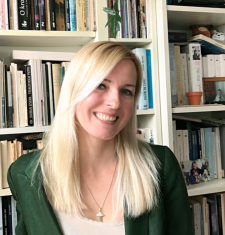
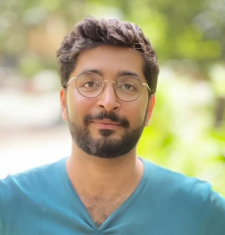
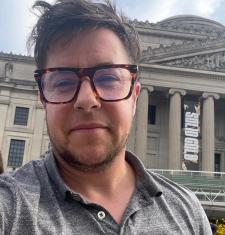
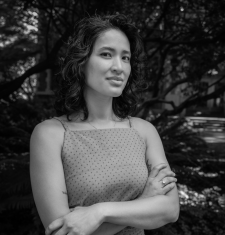
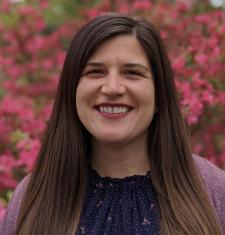
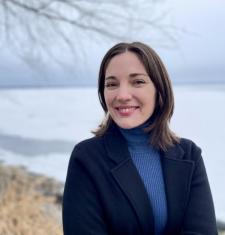
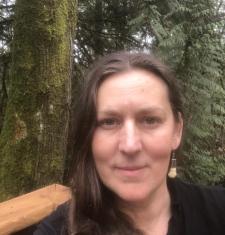
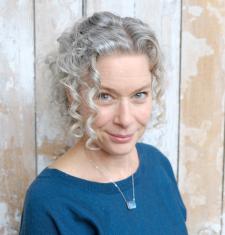
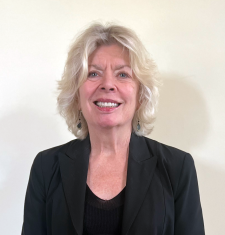
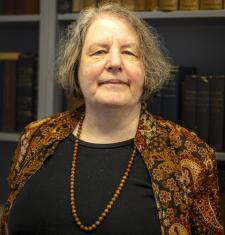
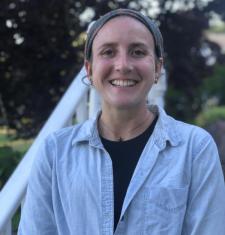
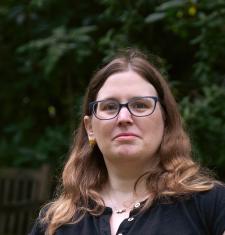
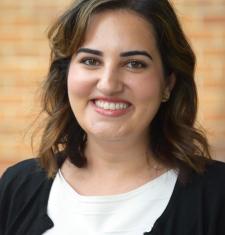
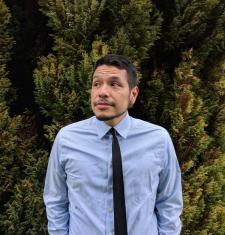
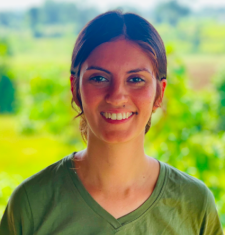
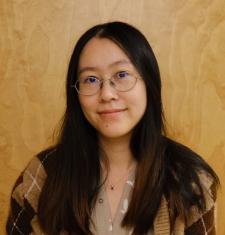
2023 - 2024 Society of Scholars Fellow
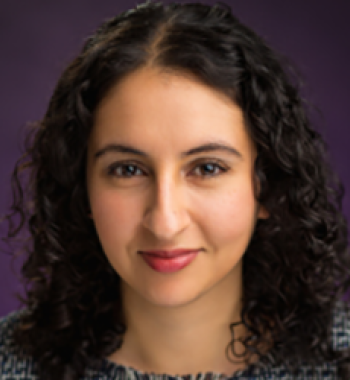
Arbella Bet-Shlimon (she/her/hers)
Colonialism and Anticolonialism Across the Iraq-Kuwait Border, 1920-1990
In her second book, Bet-Shlimon studies how colonized people articulate their aspirations for liberation in places where imperial relationships at different scales overlap and intertwine. How do transformations in the environment and migration—especially in regions most acutely affected by climate change, and those that are central to the fossil-fuel industry—affect those processes? Examining the period between the founding of the Iraqi state in 1920 and the Iraqi invasion of Kuwait in 1990, she asks: how did people in Iraq and Kuwait understand themselves, each other, and their relationship to one another against Western imperialism and across colonial land and water borders?